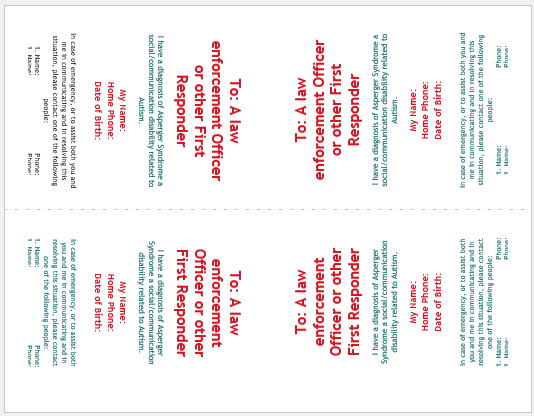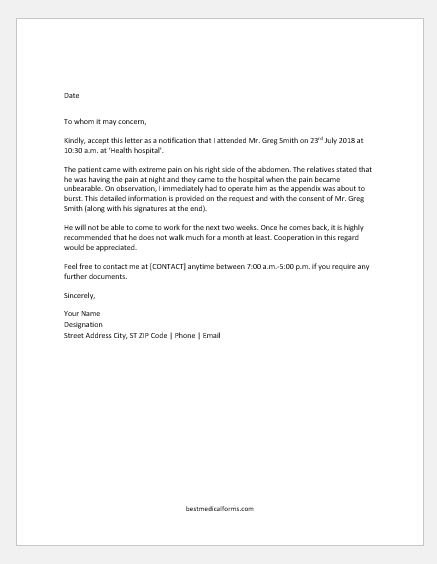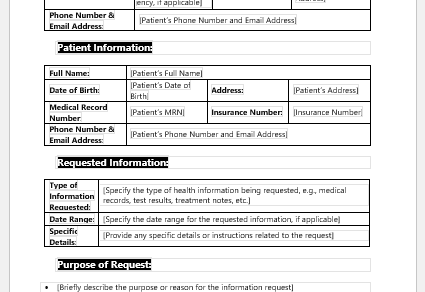It is believed that autism is a developmental disorder owing to genetic predisposition. Autism is a disease that may manifest in childhood and stays for the whole of adulthood or maybe longer.
Autism is classically presented by a triad of symptoms, Bad social interactions, restricted or limited communication, and some repetitive disorders.
Social Development of an autistic child
- Restricted social development is the clinical feature especially distinguished from other mental developmental disorders of childhood. Children and adults who suffer from autism are unable to maintain social interactions with people of their own age group. They are developmentally unable to relate to the social alterations in behavior and understanding.
- Their inability to relate and connect socially is quite evident from early childhood. It is not necessary that parents are the first to observe these changes. Early examples of impaired social behavior are less smiling on occasions where others smile, avoiding eye contact with people and children of the same age group, and even less or minimum response to their own names. They don’t have a social understanding and are unable to communicate their own feelings as well.
- They are even unable to emotionally attach themselves to their peers. Rather, they suffer from loneliness and panic attacks in severe forms of autism. Very rare and extreme cases of autism may show aggression at times.
Communication problems in autistic children
- Communication is also restricted in patients with autism. They are unable to express their feelings or communicate simple things at a time. Their natural speech is also affected which is the main cause of their restricted communication skills. Parents of an autistic child may be able to notice it from early childhood, but it depends upon the severity of symptoms.
- The verbal expression and even facial expressions and gestures of such patients are so vague that they are sometimes very difficult to comprehend. Whenever they speak, you may notice blurred or slurred speech and sometimes blabbing of words is also noticed. Moreover, they are unable to comprehend the usual ways of communication.
- Similarly, the language skills of a child with autism are also impaired and they often lag behind their age mates.
Repetitive behavior of a child with autism
- Repetitive behavior is one of the most important parts of the clinical features of a child with autism. Patients suffering from autism may show some repetitive movements of hands and body like rocking the body, flapping of hands, etc.
- Some patients show rigidity in their rules and basic concept and keep doing the same thing in a repetitive order. They may show compulsive behavior like washing their hands again and again.
- People with autism hate change. They are very annoyed and apprehended by the change to a level where they may show aggression if the setting of their room is changed or their food is served on a different plate.
Keeping all the above things in mind, it is important for an autistic patient to keep a wallet-sized information card in his pocket, which becomes really useful in case they face some unusual situation.



